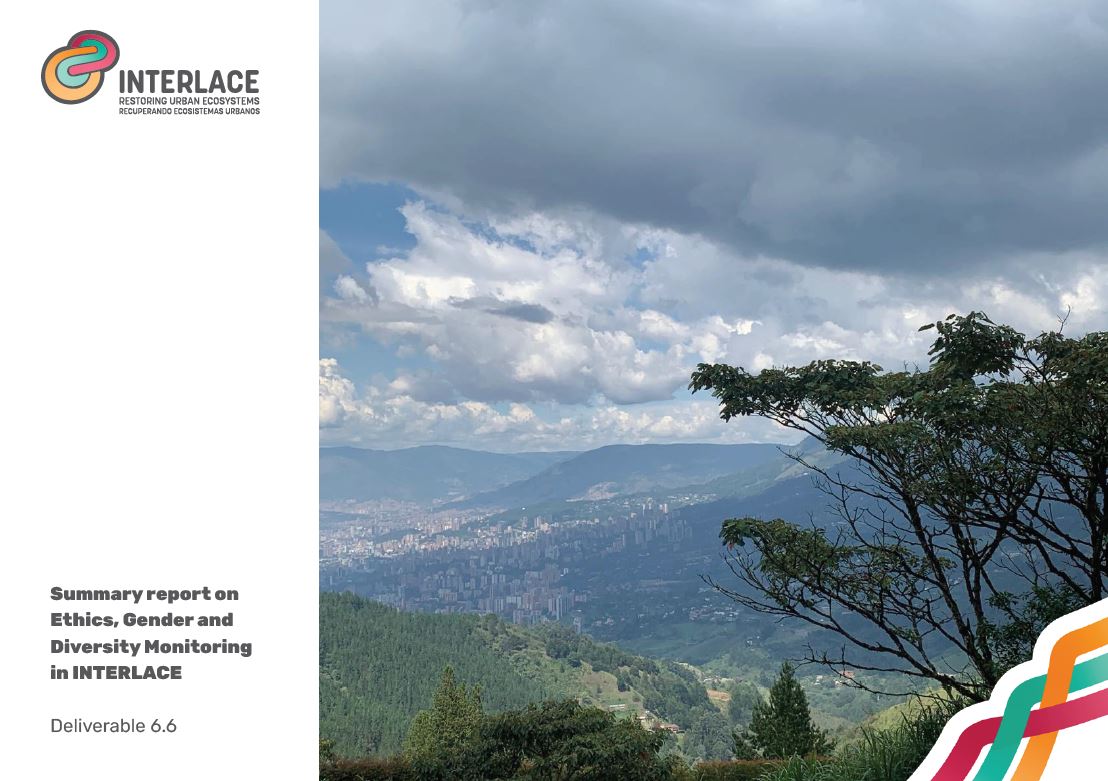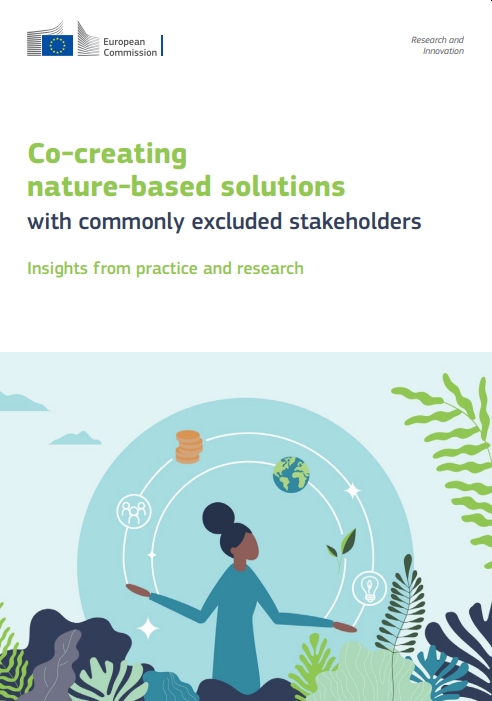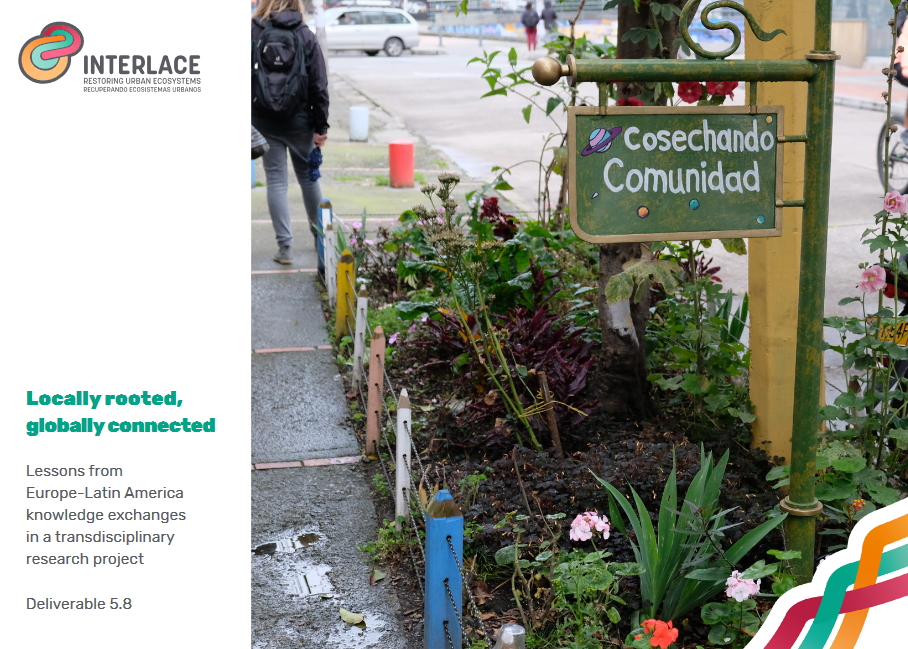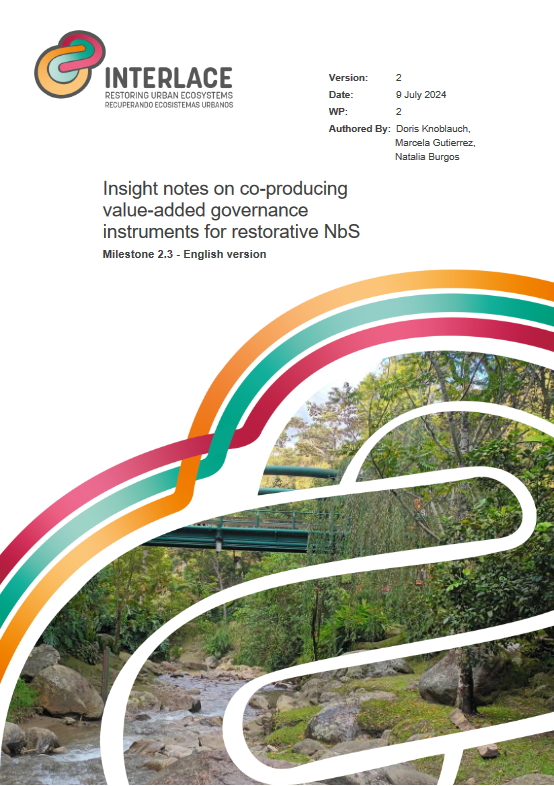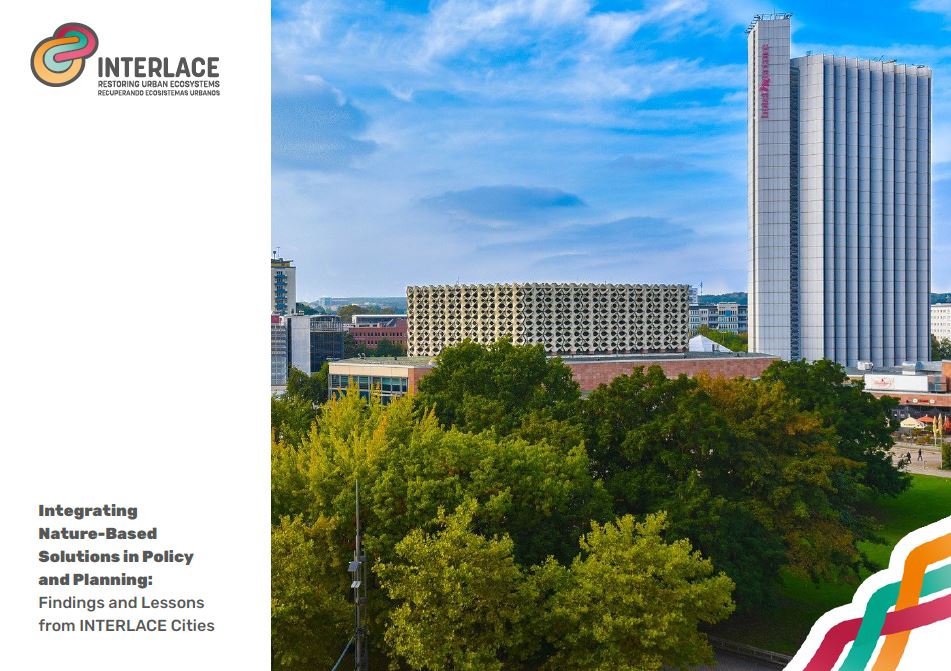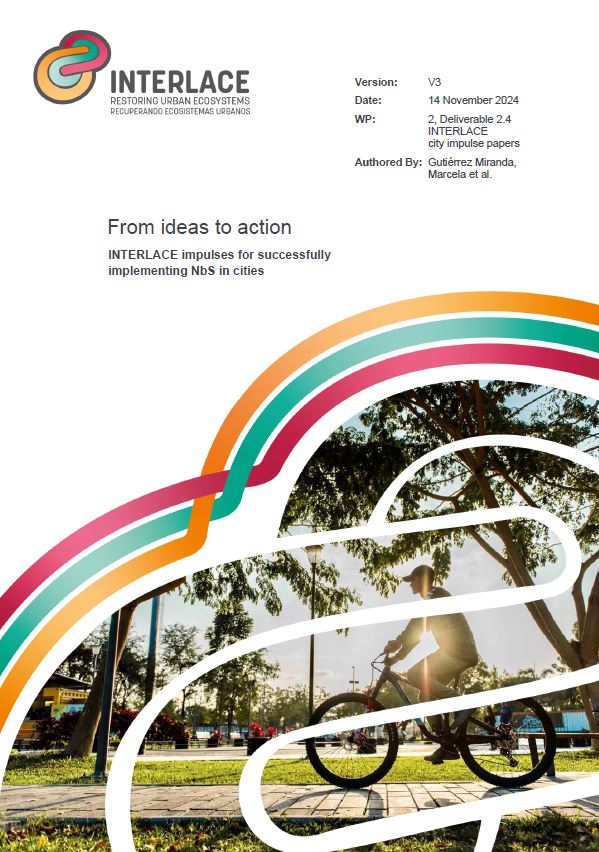Ethics, Gender and Diversity Monitoring in INTERLACE
Summary report
- Publication
- Citation
Burgos Cuevas, N., Bueb, B., Salmon, N., and Iwaszuk, E. (2025): Summary Report on Monitoring Ethics, Gender, and Diversity Issues in INTERLACE (Deliverable 6.6). INTERLACE Project. Available in English and Spanish.
Nature-based solutions (NBS) aim to improve the world for everyone, which means ensuring that vulnerable groups, such as women, children, migrants, and people with disabilities, benefit alongside other social groups. This report, part of the INTERLACE project, assesses how these groups have been included in the planning and implementation of project activities, offering valuable insights for future NBS initiatives and research.
The three dimensions of justice in NbS
To explore NBS through a fairness-oriented lens, comprehensive monitoring was conducted, including an internal survey and targeted interviews with the INTERLACE city partners (Chemnitz, Kraków Metropolis, Granollers, Portoviejo, CBIMA, and Envigado). The monitoring focused on three key dimensions:
- Recognitional justice involves honoring the cultural identities and integrating the diverse worldviews of vulnerable groups into the co-production of NBS.
- Distributional justice involves fair resource allocation and ensuring access of vulnerable groups to green spaces in the design process.
- Procedural justice focuses on guaranteeing equitable decision-making processes, which involves the inclusion of different stakeholder groups in co-production processes.
Survey and interview findings
The report finds significant progress in integrating social ethics, gender, and diversity into NBS activities in the INTERLACE cities. However, challenges persist in effectively engaging certain groups, as city administrations often lack the capacity or expertise to work with marginalized populations. Despite these challenges, INTERLACE's resources and workshops (e.g., the CitiesTalkNature webinar series) have likely increased awareness of inclusive NBS design both within and beyond the partner cities.
This report also features a collection of stories from INTERLACE partner cities that showcase justice in action. These stories capture local perspectives, lived experiences, and traditions, demonstrating the transformative power of storytelling. The collection with additional illustrations can be found here.
